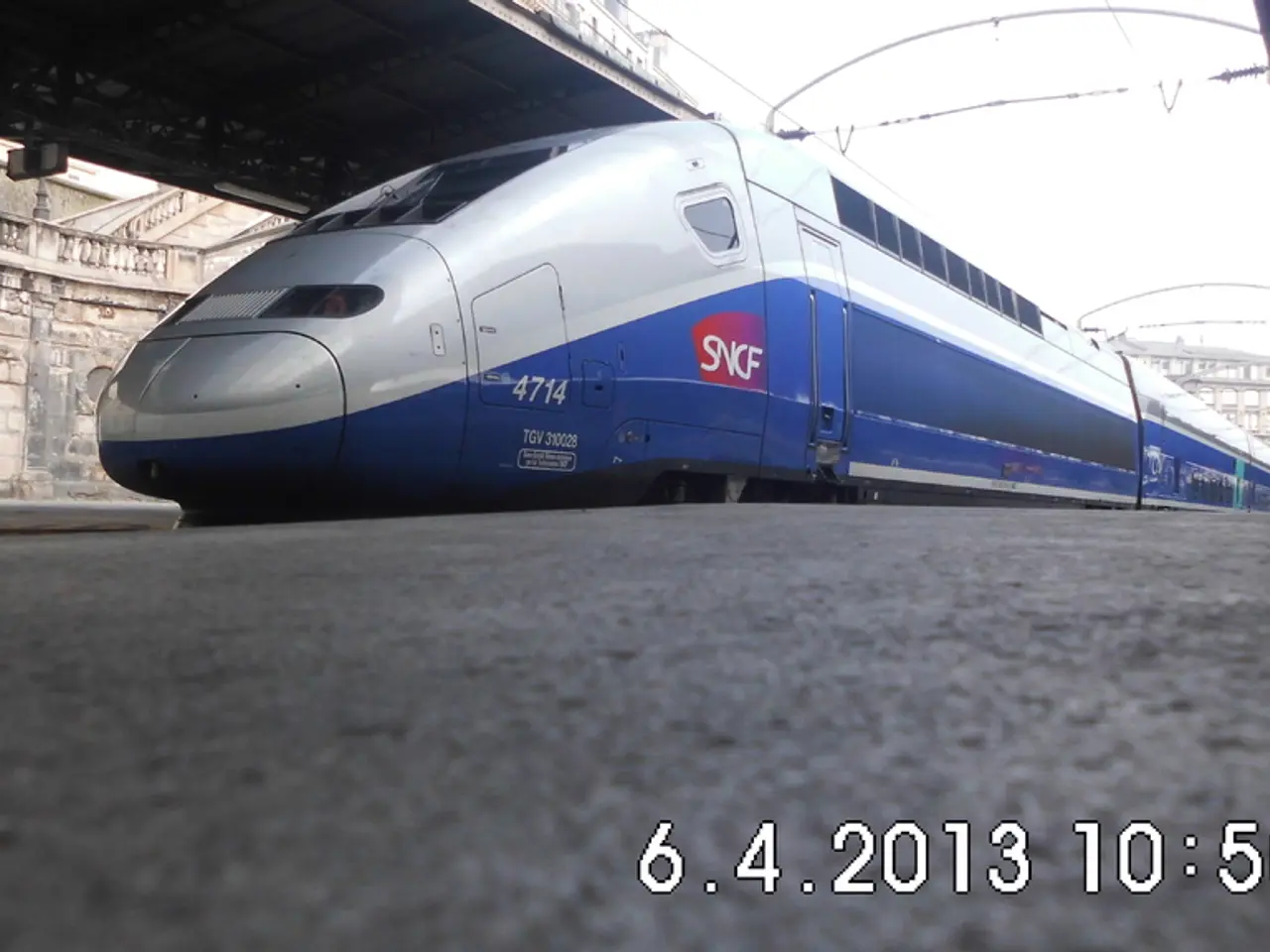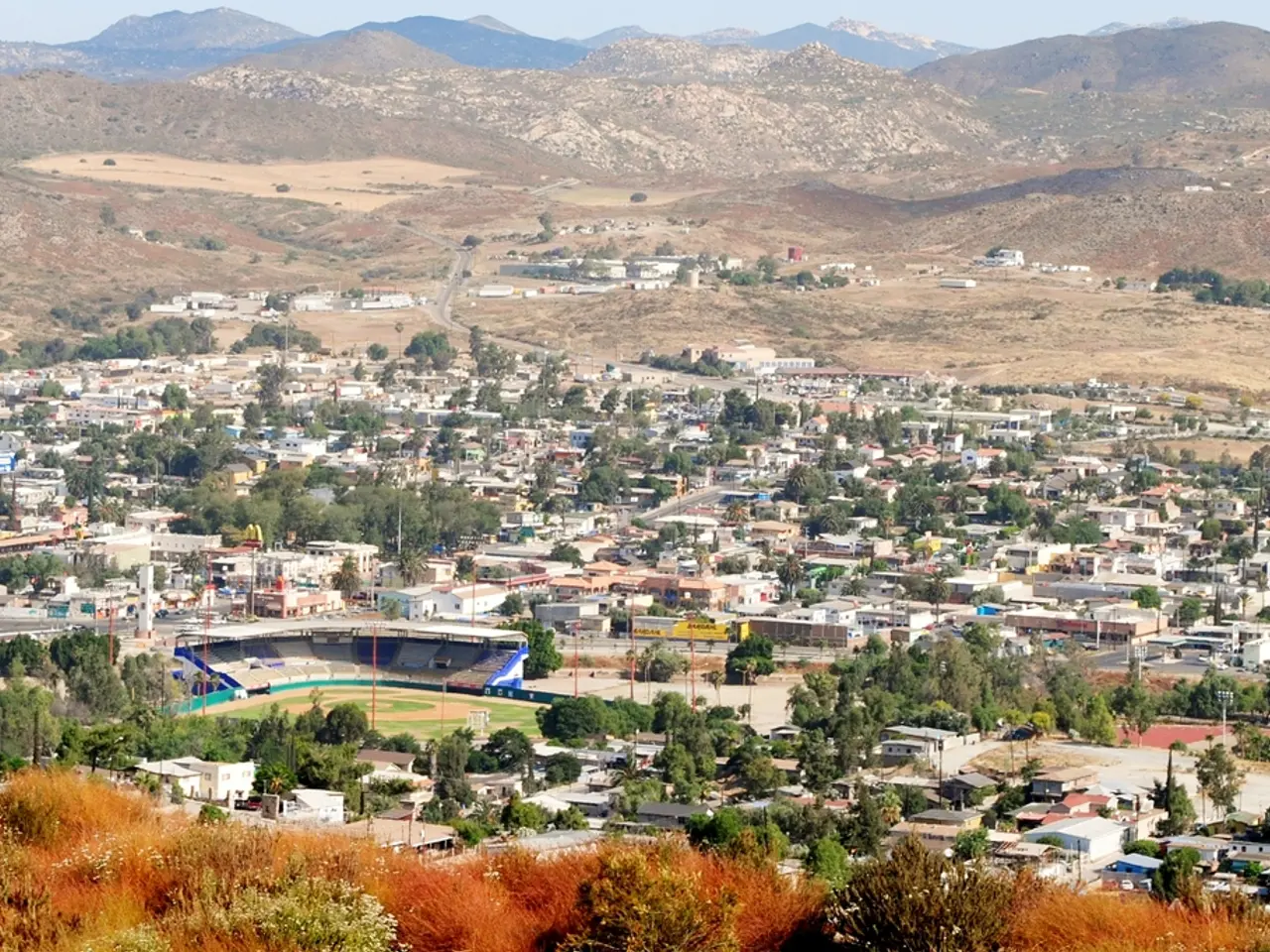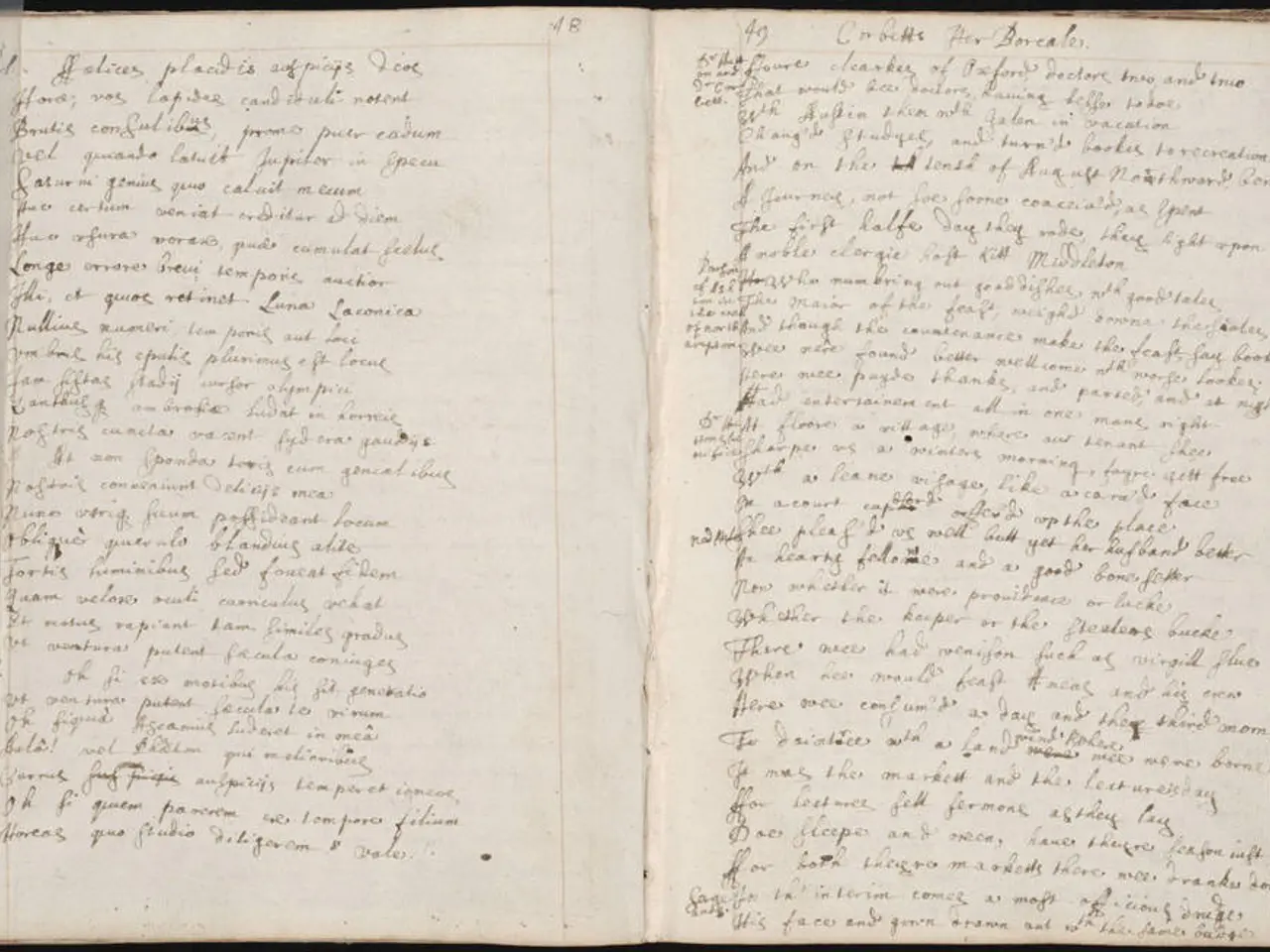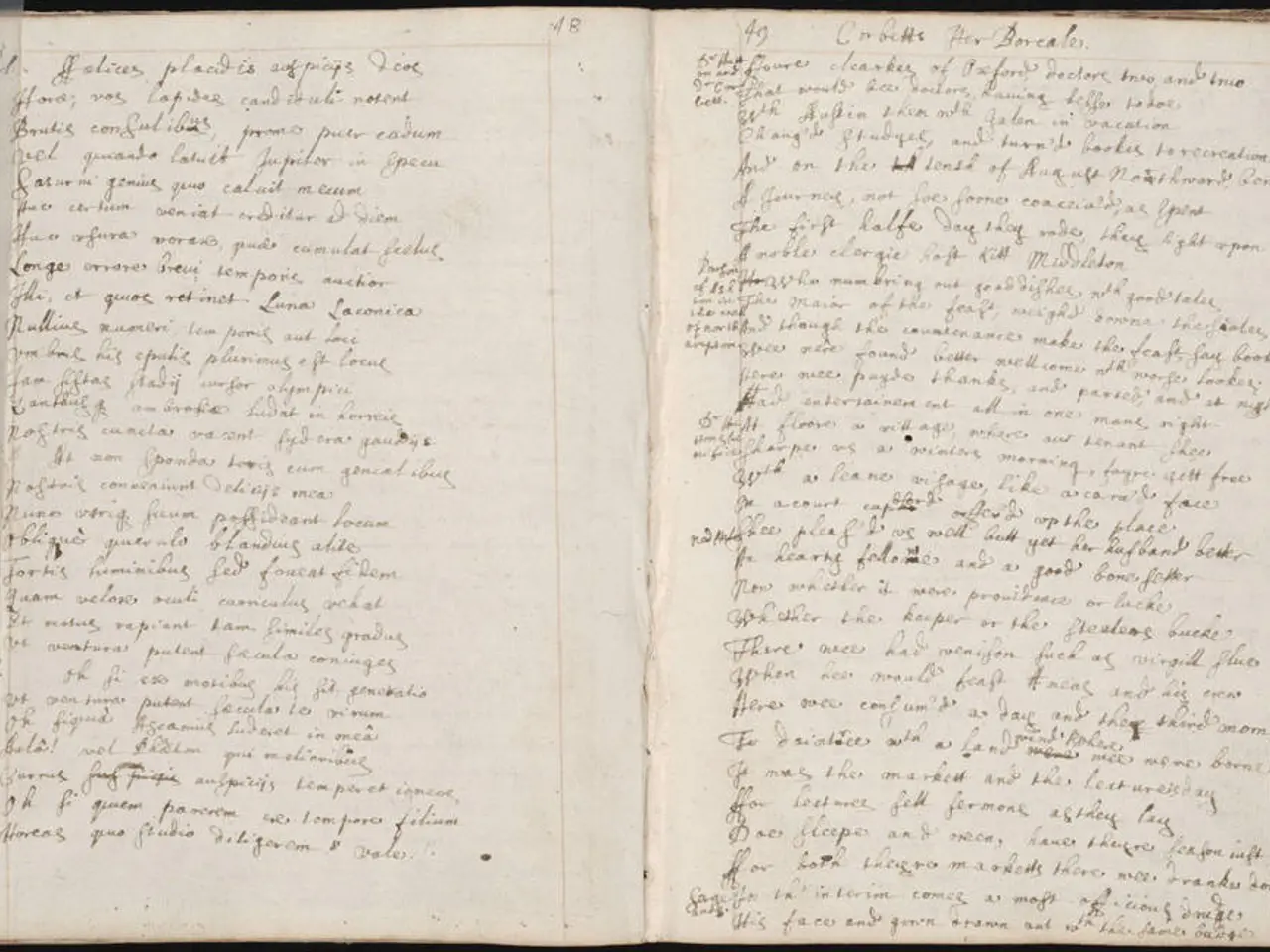Train services begin on China-Turkey freight route via the Middle Corridor
Turkey's Middle Corridor, a strategic route connecting East Asia to Europe via Central Asia and Turkey, is set to play a pivotal role in global trade. The corridor, which bypasses more volatile or sanction-prone routes, was emphasised by Turkish Transport and Infrastructure Minister Abdulkadir Uraloglu as a significant step in east-west freight transport [1][5].
The corridor's geographic position, at the crossroads of Europe, Asia, and the Middle East, makes it a vital overland connection linking China and Central Asia to Europe. This geographic nexus, coupled with Turkey's extensive investment in transport and communication infrastructure, positions the country as a crucial logistics hub [1][3][5].
Turkey has invested nearly $300 billion over the past 23 years in transport and communication networks, including railways, roads, and ports. Key infrastructural assets like the Marmaray rail tunnel under the Bosphorus and the Baku-Tbilisi-Kars railway form integral components of the Middle Corridor, ensuring smooth cargo movements and intermodal connectivity [1][3][5].
The Middle Corridor is not just a transit route; it is a means for Turkey to embed itself within global value chains as a processing and transit node. This allows Turkey to capture economic value from redirected trade flows affected by geopolitical fragmentation. The Development Road project, linked to the Middle Corridor, aims to integrate transportation, energy, and digital infrastructure with countries along the Asia-Europe corridor, expected to generate $114 billion in production impact and create thousands of jobs annually [3][4].
The start of regular cargo rail services along the Middle Corridor, marked by the departure of the first two freight trains from China's Chongqing and Chengdu on July 9, places Turkey at the centre of the Asia-Europe logistics chain [1]. These trains, which have traveled approximately 3,500 kilometers, entering Kazakhstan, continuing through Central Asia, across the Caspian Sea, and into Turkey, are described by Uraloglu as the most concrete evidence of Turkey's vision for a seamless logistics connection along the Middle Corridor [6].
By streamlining trade flows between East and West, the Middle Corridor stimulates economic development, especially in Anatolia and Turkey’s Black Sea provinces. It elevates the strategic importance of Turkish ports and creates employment opportunities, supporting broader regional growth and integration into Eurasian supply chains [4][5].
Turkey's role in the Middle Corridor extends beyond its geographic location and infrastructure. As the only NATO member involved in the corridor, Turkey advances its foreign policy goals of diversifying development strategies and increasing Eurasian integration [1][5].
Since 2002, Turkey has extended its rail network by nearly 3,000 kilometers, with 2,251 kilometers being high-speed or rapid train lines. The Middle Corridor development is considered a new backbone for uninterrupted cargo flows, reinforcing Turkey's role as a stable, strategic link in global trade, even in times of crisis [2].
With the goal of running 1,000 freight trains annually between China and Europe using the Middle Corridor, Turkey is poised to strengthen its resilience in global supply chains and solidify its position as a vital player in the evolving global trade architecture [7].
Sources: [1] https://www.reuters.com/business/transportation-logging/turkeys-middle-corridor-set-revolutionise-east-west-freight-transport-2021-07-14/ [2] https://www.trtworld.com/turkey/turkey-s-6-billion-investment-to-boost-rail-network-53128 [3] https://www.worldbank.org/en/news/press-release/2021/07/14/world-bank-approves-1-5-billion-for-turkey-s-development-road-project [4] https://www.worldbank.org/en/news/press-release/2021/07/14/world-bank-approves-1-5-billion-for-turkey-s-development-road-project [5] https://www.aljazeera.com/economy/2021/7/14/turkey-s-middle-corridor-set-to-revolutionise-east-west-freight-transport [6] https://www.aa.com.tr/en/economy/first-freight-trains-depart-china-for-europe-via-turkeys-middle-corridor/2304449 [7] https://www.aa.com.tr/en/economy/turkey-aims-to-run-1000-freight-trains-annually-between-china-and-europe-using-the-middle-corridor/2304449
- President Erdogan emphasizes the significance of the newly started regular cargo rail services along the Middle Corridor, as they strengthen Turkey's position in the Asia-Europe logistics chain and align with the country's vision for a seamless logistics connection.
- The Turkish sports world begins to take notice of the economic boost that the Middle Corridor is providing, with the potential for increased investment in sports facilities and infrastructure.
- In addition to the strategic and economic advantages, the Middle Corridor has positive implications for the diplomatic ties between Turkey and Syria, potentially serving as an opportunity for increased trade and cultural exchange between the two countries.








